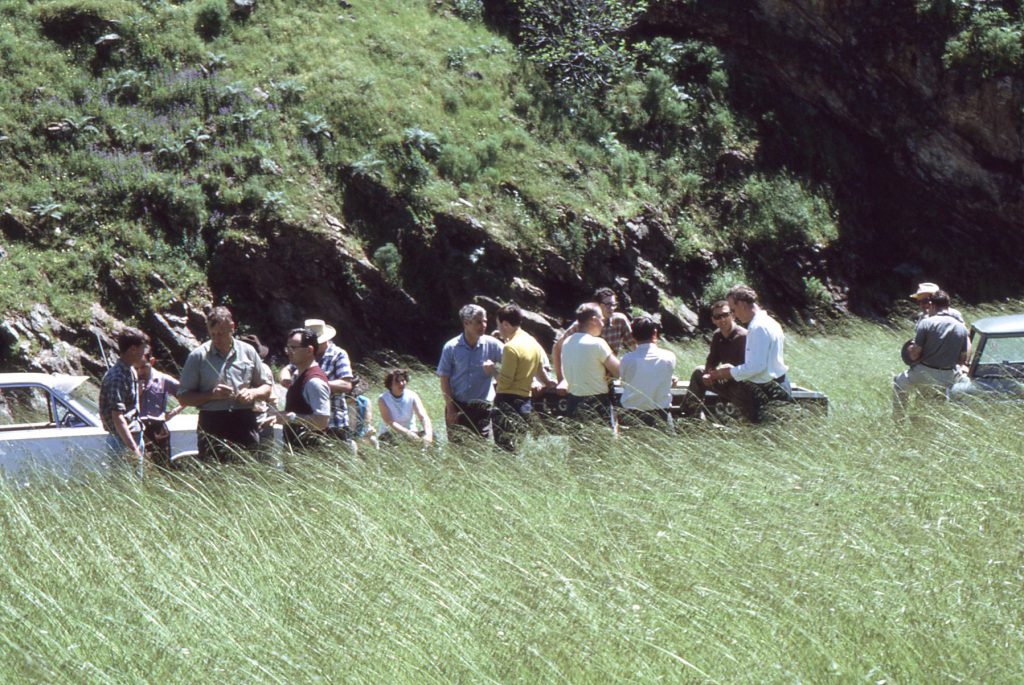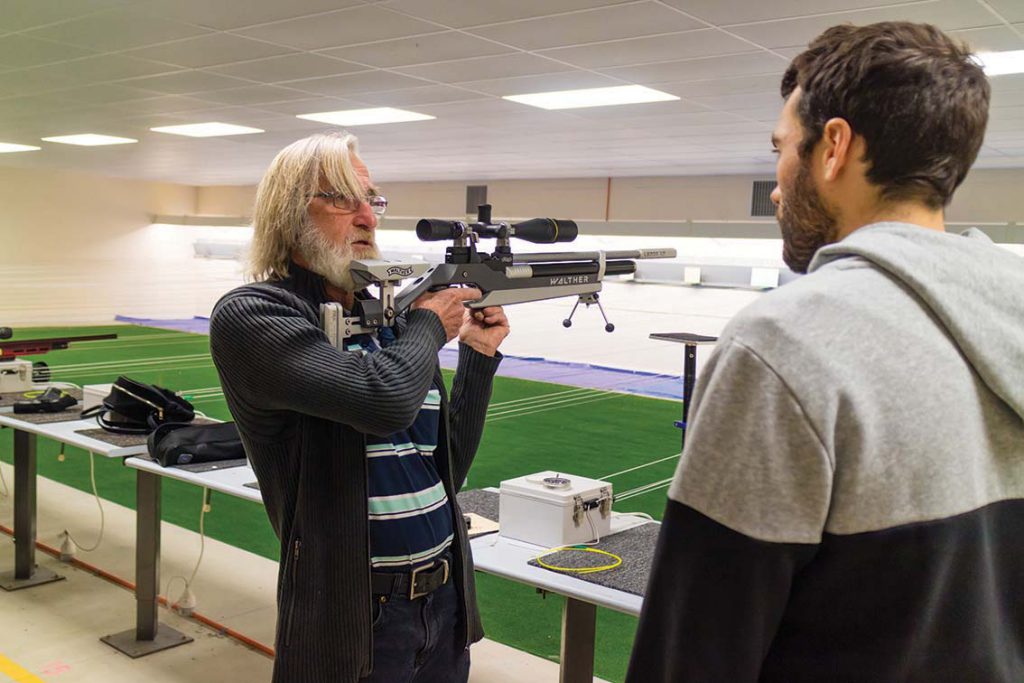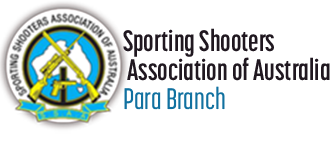Background
The first step is to understand how a firearms licence works. A firearms licence is broken up into two parts.
- Categories of Firearms
- Categories of Licences (use)
Categories of Firearm
In South Australia a firearms licence is first broken up into categories of firearm (A, B, C, D, H and P). Each category represents different types of firearms.
- Category A: Air guns; paintball firearms; rimfire rifles (not self-loading); shotguns (not self-loading or pump action); break actions, combination shotgun and rimfire rifles. This includes receivers.
- Category B: Muzzle loading firearms (not being handguns); revolving chamber rifles; centrefire rifles (not being self-loading); multiple barrel centrefire rifles (not designed to hold additional rounds in a magazine); break action combination shotguns and centre fire rifles; all other firearms (except prescribed, handguns, self-loading firearms or pump action shotguns) that are not category A firearms This includes receivers.
- Category C: Self loading rimfire rifles with a magazine capacity no greater than 10 rounds; self loading shotguns with a magazine capacity no greater than 5 round; pump action shotguns with a magazine capacity no greater than 5 rounds, and includes receivers.
- Category D: Self loading rimfire rifles with a magazine capacity of more than 10 rounds; self loading centrefire rifles; self loading shotguns with a magazine capacity of more than 5 rounds and a pump action shotgun with a magazine capacity of more than 5 rounds, and including receivers.
- Category H: All handguns (including Air pistols) and not being prescribed firearms
- Category P: Prescribed firearms, including automatic firearms, are defined in section 5 of the Act and regulation 7 of the Regulations.
Please visit the club and the different sections to see what classes of firearms suit your interests.
Categories of Use
Each class is then broken up into Categories of Licence, which is approval where you can use the above firearms.
- Shooting Club (Using a firearm at a club including sighting in or competitions)
- Target Shooting (General sighting outside of a club)
- Hunting
- Paintball
- Primary Production
- Security Industry
- Contract Shooter
- Commercial Range Operator
- Shooting Galley Operator
- Collector
- Dealer
- Miscellaneous (other)
Further information can be found on the SAPOL website.
Licence Application
Once you have worked out the categories of firearms you would like to use and the locations you would like to use them, the next step is to attend your local police station so that you can make application of variation for your firearms licence. Ask the officer for a “PD 303 – Application for a Firearms licence”. Once the form is completed you will need to provided identification – 100 point system. You will also need to pay the licence fee. Please visit the SAPOL website for more details.
Please Note:
When filling out the PD 303 form, it is important to tick the correct firearms categories and the licence categories (usage). Ticking the wrong boxes may result in further training requirements or further trips back to the Police Station to apply for a licence variation. Please refer back to Step 1 for the different categories of firearms and uses available. Or contact the secretary if you need any assistance.
If you do need to make a variation to your licence you will need to fill out a “PD307 – Licence Variation”.
Background Check
The Police Station will then forward the application to Firearms Branch through the internal mail system. Firearms Branch will undertake a background check to consider if you are a suitable person to hold a firearms licence. Note if the application is not successful then the licence fee will not be refunded.
- For POU 1 (club use) – The applicant MUST join a shooting club (for example SSAA Para) prior to undertake the training requirements for a club licence.
- For other licence categories (2 through 10) – A T.A.F.E. course is required, information of venues of courses is supplied with the ‘training letter’.
Theory for Class A, B and H – Purpose of Use 1 (Club Use) at SSAA Para
- Details for the next safety course can be found on the club website. If the dates are not up to date then please contact the canteen on 8289 69 18. The training for licences is usually done at the same time as our club safety course training for new members.
- When there are enough people (usually 10), the next safety course will be run. The trainer will ring or email you and confirm the date. If you cannot attend the training session please arrange with the trainer to be added to the next safety course.
- The training course will cover the theory section. Please make sure to bring your letter you received from SAPOL to the training course advising that SAPOL has approved you to undertake training for purpose of use one.
Practical Training for Class A, B – Purpose of Use 1 (Club Use) at SSAA Para
Firearms branch will then post out a data card form similar to your drivers licence.
Practical Training for Class H – Purpose of Use 1 (Club Use) at SSAA Para
- Have a look through the program or under disciplines on the website for a section you would like to join. Most sections have club pistols you can use for the training. We recommend shooting with the ISU section on Sunday mornings to start with as they shoot every week and use a variety of different handguns.
- The section captain will then run through a minimum of 6 shoots or until such time they feel you are competent to handle a handgun safely. Some sections may require further training for example holster proficiency.
- Once the captain passes your practical training they will write out an internal chit. Please leave the internal chit in the canteen for the secretary to collect.
- The secretary will then pick up the internal chit and complete the PD314.
- The PD314 form will then be posted directly to Firearms branch.
- Firearms branch will then post out a licence payment form similar to your drivers licence.
- Under the Firearms Regulations there is a 6 month waiting period before you can purchase you first handgun (this excludes black powder firearms). During this waiting period the club asks for you to do 4 more shoots. This will allow you further develop your skills and training requirements.
- Once the 10 shoots (6 during the licence application period and 4 during the licence waiting period) are completed the club will approve the purchase of a handgun.
Graduated Access for Handguns
For the second 6 months of a new Class H licence for club use, purchase is restricted to the following;
- 1 air or gas operated pistol or a .22 calibre pistol or 1 centre-fire pistol or,
- 1 air or gas operated pistol and 1 .22 calibre pistol or,
- 1 air or gas operated pistol and 1 centre-fire pistol
This restriction does not apply to muzzle loading or percussion cap and ball handguns.
The club secretary may keep the graduated access provisions in mind when issuing purchase chits however the Adjudication staff within Firearms Branch will monitor this aspect.
If you have any questions please contact the club secretary.


